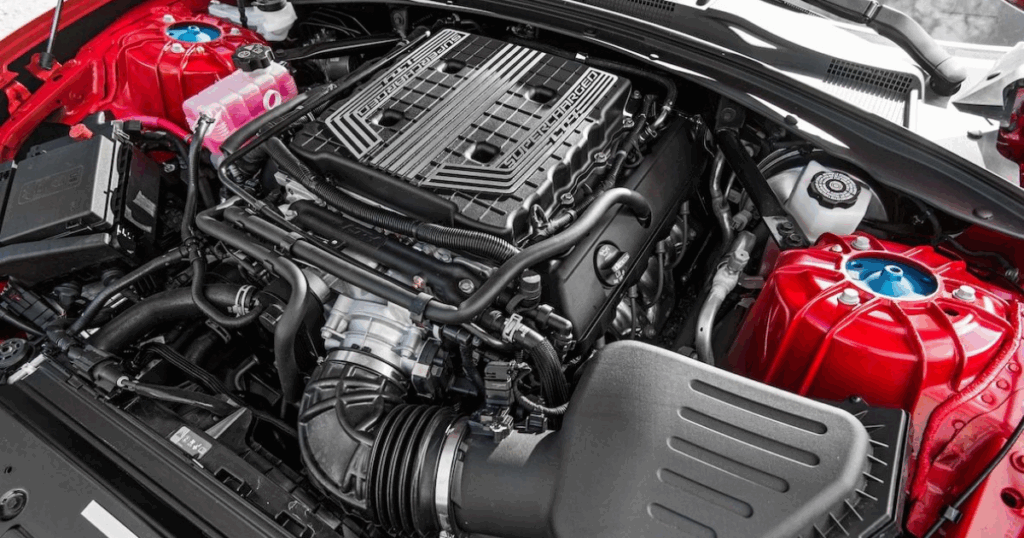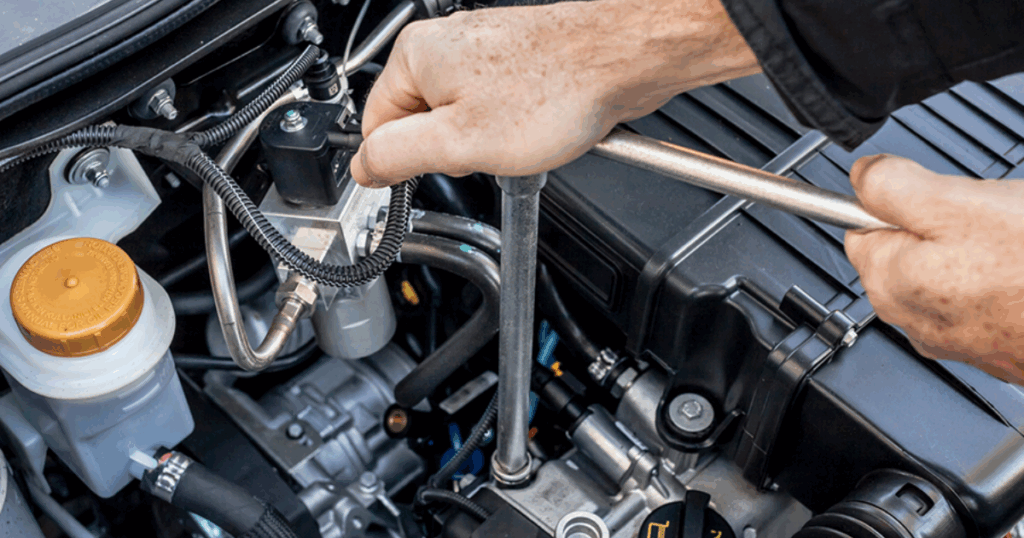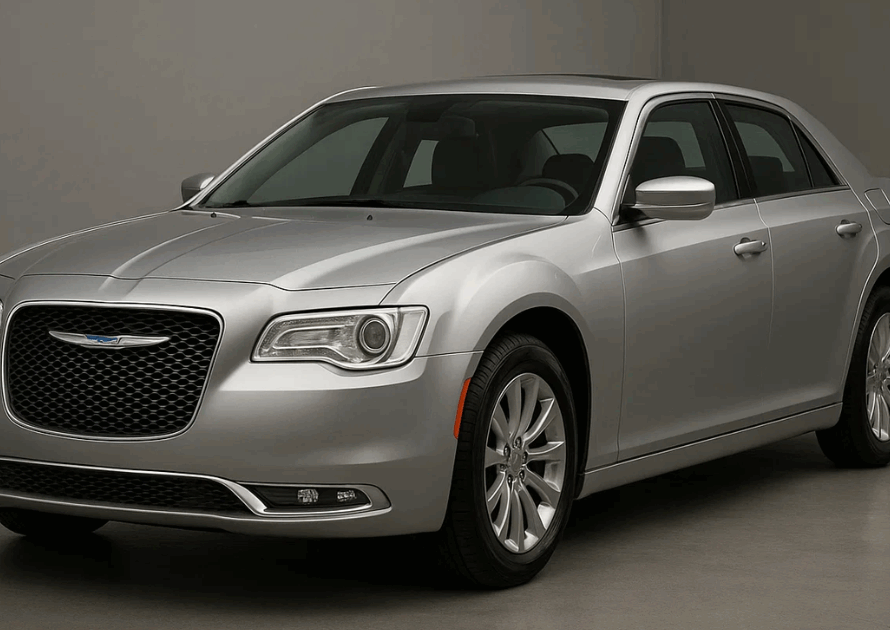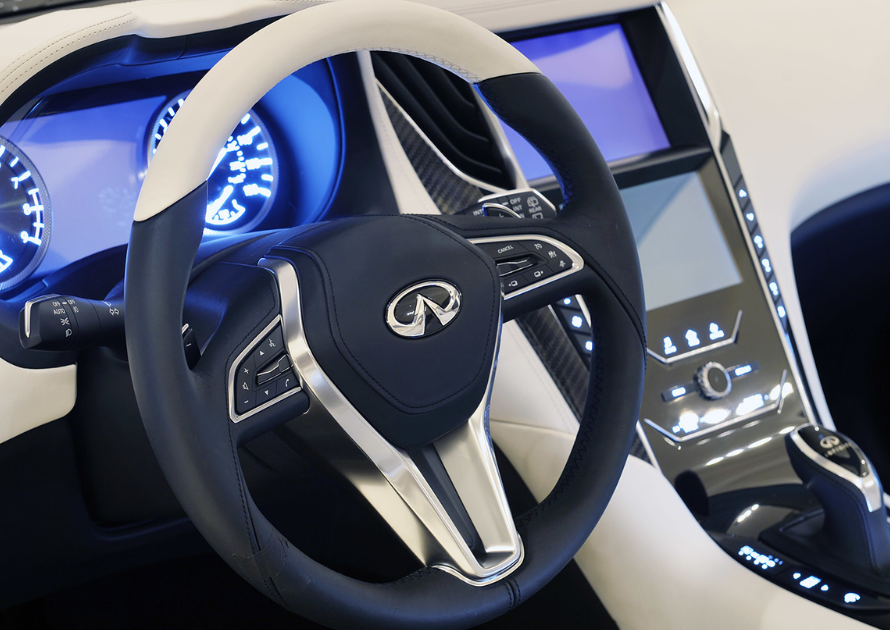An engine misfire happens when one or more cylinders in your car’s engine fail to ignite the fuel-air mixture properly. This leads to uneven power delivery, poor performance, and increased emissions. Misfires can occur in both petrol and diesel engines, but they are more common in petrol engines due to their reliance on spark plugs.
Ignoring a misfire can cause severe engine damage over time, so it’s important to diagnose and fix the issue early. Several factors can cause an engine misfire, including faulty spark plugs, clogged fuel injectors, or a failing ignition coil. The symptoms may vary from slight hesitation during acceleration to severe shaking and loss of power.
Modern cars have onboard diagnostics (OBD-II) that detect misfires and trigger the check engine light. If you notice any signs of a misfire, it’s best to visit a professional mechanic like Protone Auto Care in Al Quoz 3, Dubai, for a thorough inspection.
Common Causes of Engine Misfires
One of the most common reasons for engine misfires is a problem with the ignition system. Worn-out spark plugs, damaged ignition coils, or faulty spark plug wires can prevent proper combustion. Over time, spark plugs get coated with carbon deposits, reducing their efficiency.
Similarly, ignition coils can weaken, leading to weak or no spark, which causes misfires. Regular maintenance can prevent these issues. Another major cause of misfires is fuel system problems. Clogged fuel injectors, a weak fuel pump, or a dirty fuel filter can disrupt the fuel supply to the engine.
If the engine doesn’t get enough fuel, it won’t burn properly, leading to a misfire. Additionally, air intake issues like vacuum leaks or a dirty air filter can create an imbalanced air-fuel mixture, causing incomplete combustion.
- Ignition system failure (spark plugs, coils, wires)
- Fuel delivery issues (clogged injectors, weak fuel pump)
- Air intake problems (vacuum leaks, dirty air filter)
Symptoms of an Engine Misfire
The most noticeable symptom of an engine misfire is a rough idle or shaking when the car is stationary. You may also feel jerking or hesitation while accelerating. In severe cases, the car might lose power, stall, or produce loud popping noises from the exhaust.
The check engine light will often flash or stay lit, indicating a problem that needs immediate attention. Another common symptom is poor fuel economy. Since the engine isn’t running efficiently, it burns more fuel to compensate for the loss of power.
You might also notice black smoke from the exhaust, which indicates unburned fuel. If left untreated, misfires can damage the catalytic converter, leading to costly repairs. If you experience any of these signs, visit Protone Auto Care in Al Quoz 3, Dubai, for expert diagnostics.
How Ignition System Problems Cause Misfires?
The ignition system is responsible for creating the spark that ignites the fuel-air mixture in the engine. When any part of this system fails, the engine may misfire. Spark plugs wear out over time and need replacement every 30,000 to 100,000 miles, depending on the type. If they are fouled or damaged, they won’t produce a strong enough spark for combustion.
Ignition coils convert the car’s battery voltage into the high voltage needed for spark plugs. A failing coil can cause intermittent or no spark, leading to misfires. Similarly, damaged spark plug wires or distributor caps (in older cars) can disrupt the electrical current. Regular inspection of the ignition system can prevent unexpected breakdowns and maintain engine performance.
Fuel System Issues Leading to Misfires
A clogged fuel injector can restrict fuel flow, causing a lean or rich mixture in the combustion chamber. This imbalance leads to misfires. Dirty injectors are common in cars that use low-quality fuel or don’t get regular fuel system cleanings. Using a fuel injector cleaner or getting professional cleaning can help restore proper fuel delivery.
A weak fuel pump or a clogged fuel filter can also cause misfires. The fuel pump supplies pressurized fuel to the injectors, and if it’s failing, the engine may not get enough fuel. A dirty fuel filter restricts flow, leading to similar issues. Replacing the fuel filter as per the manufacturer’s schedule and checking fuel pressure can prevent these problems.
Air Intake and Vacuum Leaks Impact on Misfires
Air intake problems, such as a dirty air filter or a leaking intake manifold, can disrupt the air-fuel ratio. A clogged air filter reduces airflow, making the mixture too rich (too much fuel). On the other hand, vacuum leaks allow unmetered air into the engine, making the mixture too lean (not enough fuel). Both conditions can cause misfires.
Vacuum leaks often occur in old or cracked hoses, gaskets, or the intake manifold. Common signs include hissing noises, rough idle, and poor acceleration. Using a smoke test or a vacuum gauge, mechanics can locate and fix leaks. Regular inspection of air intake components ensures optimal engine performance.
You can also learn about Car’s AC Systems Leaks Causes And Solutions
Engine Mechanical Problems Causing Misfires
Internal engine issues like low compression can lead to misfires. Worn piston rings, damaged valves, or a blown head gasket can reduce cylinder pressure, preventing proper combustion. A compression test can diagnose these problems. If left unfixed, they can cause severe engine damage, requiring expensive repairs.
Another mechanical issue is a faulty timing belt or chain. If the timing is off, the valves won’t open and close at the right time, disrupting combustion. Timing belt replacement is crucial at recommended intervals to avoid catastrophic engine failure. Regular engine maintenance helps detect these issues early.

How Bad Sensors Trigger Engine Misfires?
Modern cars rely on sensors to optimize engine performance. A faulty oxygen (O2) sensor can send incorrect data to the engine control unit (ECU), leading to improper fuel mixture and misfires. Similarly, a bad mass airflow (MAF) sensor can misread air intake levels, causing imbalance. Replacing faulty sensors restores proper engine function.
The crankshaft position sensor (CKP) and camshaft position sensor (CMP) help the ECU determine ignition timing. If these sensors fail, the engine may misfire or stall. Diagnosing sensor-related issues requires an OBD-II scanner. Professional mechanics at Protone Auto Care in Al Quoz 3, Dubai, can accurately identify and replace bad sensors.
Effects of Poor-Quality Fuel on Engine Misfires
Using low-quality or contaminated fuel can lead to misfires. Dirty fuel leaves deposits in injectors and combustion chambers, affecting performance. Water in fuel can also cause misfires since it doesn’t burn like petrol or diesel. Always buy fuel from reputable stations to avoid such problems.
Ethanol-blended fuels can absorb moisture over time, leading to corrosion in the fuel system. This can clog injectors and damage fuel pumps. Using fuel stabilizers and regular system cleanings can help maintain fuel quality and prevent misfires.
Diagnosing an Engine Misfire
The first step in diagnosing a misfire is scanning the car’s OBD-II system for trouble codes. Codes like P0300 (random misfire) or P0301-P0308 (cylinder-specific misfires) help pinpoint the issue. A mechanic will then inspect spark plugs, coils, fuel injectors, and sensors to identify the exact cause.
Further tests may include a compression test, fuel pressure test, or smoke test for vacuum leaks. Professional diagnostic tools ensure accurate detection of misfire causes. If you’re unsure, visiting Protone Auto Care in Al Quoz 3, Dubai, ensures expert troubleshooting.
Fixing Ignition-Related Misfires
Replacing worn-out spark plugs is the simplest fix for ignition-related misfires. High-quality iridium or platinum plugs last longer and perform better. Ignition coils should also be checked and replaced if faulty. Using dielectric grease on spark plug connections prevents corrosion.
For older cars with distributor systems, replacing the distributor cap and rotor may solve misfires. Ensuring proper spark plug gap and torque settings is crucial for optimal performance. Regular ignition system maintenance prevents future misfires.
Repairing Fuel System Misfires
Cleaning or replacing clogged fuel injectors restores proper fuel flow. A professional fuel system cleaning removes carbon buildup. If the fuel pump is weak, replacing it ensures adequate fuel pressure. A new fuel filter also improves fuel delivery.
Using high-quality fuel additives keeps injectors clean. Monitoring fuel pressure with a gauge helps detect pump issues early. Proper fuel system maintenance enhances engine efficiency and prevents misfires.
Fixing Air Intake and Vacuum Leak Misfires
Replacing a dirty air filter improves airflow. Fixing vacuum leaks involves inspecting hoses, gaskets, and intake manifolds for cracks. Using a smoke machine helps detect hidden leaks. Sealing leaks with new gaskets or hoses restores proper air-fuel ratio.
Checking the throttle body for carbon buildup ensures smooth airflow. Regular air intake system cleaning prevents future misfires. Proper maintenance extends engine life and performance.
Addressing Sensor and ECU-Related Misfires
Replacing faulty oxygen, MAF, or crankshaft sensors fixes sensor-induced misfires. Resetting the ECU after repairs ensures proper adaptation. Updating ECU software (if available) can resolve performance issues.
Testing sensor signals with a multimeter confirms their functionality. Professional diagnosis ensures correct sensor replacement. Proper sensor maintenance prevents recurring misfires.
Preventing Engine Misfires with Regular Maintenance
Following the manufacturer’s maintenance schedule prevents most misfires. Regular oil changes, spark plug replacements, and air filter checks keep the engine running smoothly. Using high-quality fuel and additives reduces carbon buildup.
Periodic inspections by professionals, like those at Protone Auto Care in Al Quoz 3, Dubai, catch potential issues early. Keeping the fuel and ignition systems clean ensures long-term reliability. Preventive care saves money on major repairs.
When to Seek Professional Help for Misfires?
If basic troubleshooting doesn’t fix the misfire, professional help is needed. Persistent check engine lights, severe shaking, or stalling require expert diagnosis. Complex issues like engine internal damages need specialized tools.
Ignoring misfires can lead to catalytic converter failure or engine damage. Trusting certified mechanics ensures accurate repairs. Protone Auto Care in Al Quoz 3, Dubai, offers reliable misfire diagnostics and fixes.
Cost of Repairing Engine Misfires
The cost depends on the cause—spark plug replacement is affordable, while fuel pump or engine repairs are expensive. Sensor replacements vary in price based on the vehicle model. Labor costs also differ by location.
Preventive maintenance reduces long-term repair expenses. Getting multiple quotes ensures fair pricing. Investing in quality repairs at Protone Auto Care in Al Quoz 3, Dubai, guarantees lasting solutions.

Frequently Asked Questions
Can I drive with an engine misfire?
Driving with a misfire is not recommended as it can damage the catalytic converter and engine. Severe misfires may cause the car to stall, leading to unsafe driving conditions.
How much does it cost to fix an engine misfire?
Costs vary—spark plug replacement may cost $100-$300, while fuel pump or sensor repairs can range from $200-$800. Major engine repairs can exceed $1,000.
Will a misfire damage my engine?
Yes, prolonged misfires can harm the catalytic converter, pistons, and valves. Early diagnosis prevents costly damage.
How do I know which cylinder is misfiring?
An OBD-II scanner will show codes like P0301 (cylinder 1 misfire). A mechanic can perform further tests to confirm.
Conclusion
Engine misfires can stem from ignition, fuel, air intake, or mechanical issues. Symptoms include rough idle, poor acceleration, and check engine lights. Regular maintenance prevents most misfires, but professional diagnosis is crucial for complex problems.
If you’re in Dubai, Protone Auto Care in Al Quoz 3 offers expert misfire repairs to keep your car running smoothly. Addressing misfires early saves money and ensures long-term engine health.


